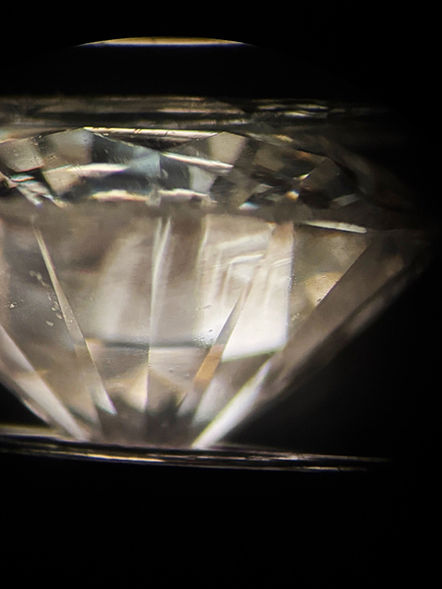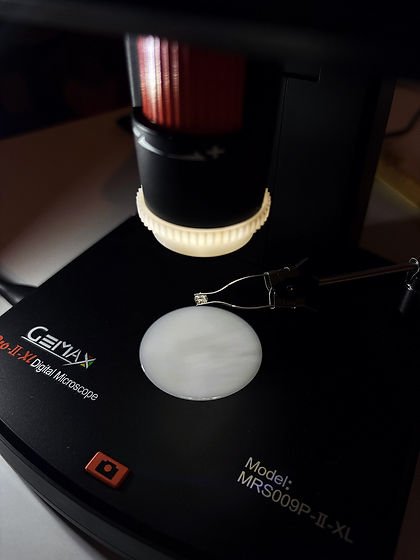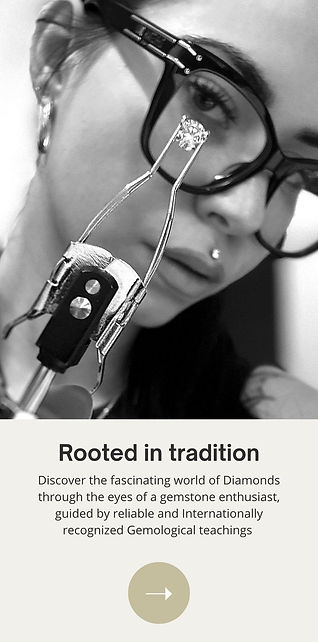
NATURAL VS. LAB-GROWN DIAMONDS
As a certified Diamond Grader The very first thing I learned in my Diamond schooling was the foundation of the misunderstanding that most people experience when they encounter Lab-Grown Diamonds: are they not real Diamonds? Chemically they are identical. They are just grown in synthetic conditions created in a specialized laboratory, hence the name ''synthetic Diamond'' applies.

Certified Diamond Professional
trust built right
Straight from Montreal's Institute of Gemmology: a dedicated Diamond practice. From Natural and Laboratory-grown Diamond knowledge: identification, grading, interpreting evaluations, appraisal wholesale value, trustworthy and fair retail connections, diamond genesis geological origins, history, chemical understanding of colour, post growth-treatments and more...
LAB-DIAMONDS ARE IN: GIA has been grading them since 2007
HPHT DIAMONDS
Formed in a cubic Diamond press under High Pressure and High Temperature they are chemically the real deal
CVD DIAMONDS
Built in layers in a Chemical Vapor Deposition chamber Diamond slices to be worn flat or facetted
NATURAL DIAMONDS
The true marvel of this world and the universal symbol of commitment and durability
High Pressure High Temperature Lab-Grown Diamonds
This beautiful blue Boron-doped HPHT lab-grown Diamond, viewed under my microscope at the Montreal Institute of Gemmology, displays the ingenuity we have reached as a society to develop such technologically advanced systems that mimic Mother Nature. Almost. Natural uncut Diamonds typically grow in an octahedron shape, as they have a cubic crystal system. HPHT Diamonds will exhibit a modified version of that shape, due to the 6 gigantic anvils of the cubic press that turns its tiny Diamond seed crystal into the breathtaking cuboctahedron you see below.























